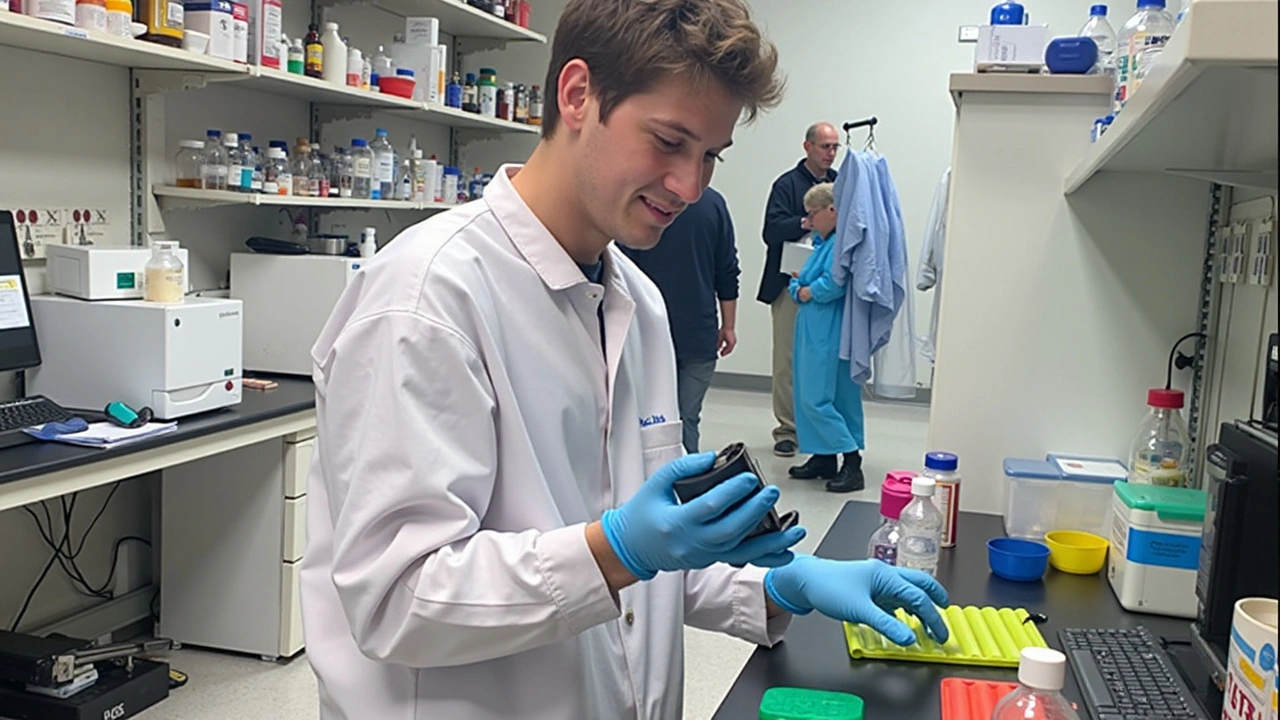Syphilis antibiotic resistance — what the August 2024 report means
A recent August 2024 study published on Canadaprescriptionsplus.com flagged a worrying trend: syphilis-causing bacteria (Treponema pallidum) in the U.S. are showing widespread resistance to azithromycin. Azithromycin used to be an alternative for some patients, but the study found genetic markers and clinical cases that make this option unreliable in many regions.
If you or someone you care for is being treated for syphilis, this matters. The first-line drug, injectable penicillin (benzathine penicillin G), still works for most people. But the rise of azithromycin-resistant strains changes backup plans and how clinicians manage patients who can’t get penicillin easily.
Key takeaways for patients and clinicians
First, don’t assume azithromycin will cure syphilis. Doctors are moving away from using it as an alternative unless resistance testing shows it’s safe. If you’re allergic to penicillin, your provider should discuss desensitization or other proven regimens rather than defaulting to azithromycin.
Testing matters more now. If you get a positive syphilis test, your doctor may order follow-up tests or ask about recent antibiotic use and travel. Public health labs are increasingly checking strains for resistance markers. That helps guide treatment choices and stops spread of resistant bacteria.
Also, finish every prescribed course and don’t use leftover or shared antibiotics. Misuse of antibiotics speeds up resistance, and that affects everyone.
Practical prevention and next steps
Get tested regularly if you have new or multiple partners, especially in areas with rising syphilis rates. Condoms reduce risk but don’t eliminate it for syphilis because sores can be in places condoms don’t cover. If you test positive, tell recent partners so they can get checked and treated.
Local health departments are watching resistance trends and updating treatment guidelines. If you’re a clinician, check the latest local recommendations before using azithromycin for syphilis. If you’re a patient, ask your provider what drug they plan to use and why.
Finally, don’t panic. Penicillin remains effective for most cases, and public health teams are tracking resistant strains to protect communities. Simple steps—regular testing, honest partner conversations, and following prescribed treatment—still go a long way in stopping syphilis and preventing the spread of resistant strains.
If you want more details, read the full study summary on Canadaprescriptionsplus.com or talk with your healthcare provider about the safest treatment for your situation.
